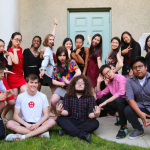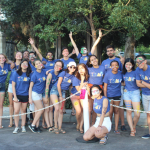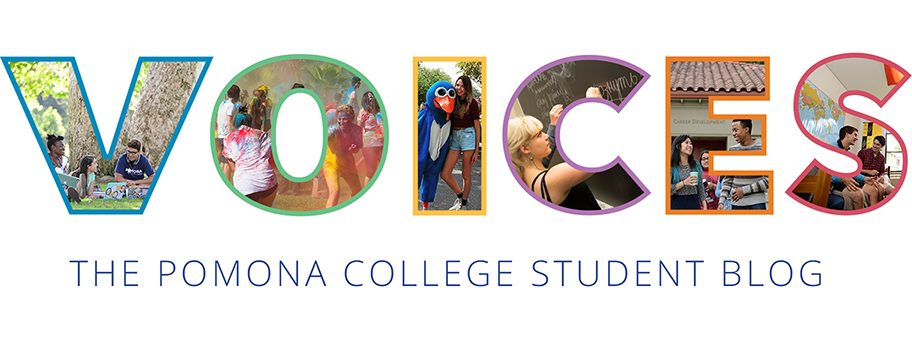By Cheryl Yau ‘19
Whenever I am asked about what I miss most about home, I hesitate–maybe a particular food dish? Singaporeans are known to be the most “culinarily homesick” people after all. Or is it my family, my bed, or the friends whose roots are inevitably tangled with mine? After a particularly thought-provoking seminar discussion in the spring semester of my sophomore year, I reached the conclusion that what I missed was the feelings of ease. Being at home is about being at ease–I can seamlessly slide into a conversation with my local coffee shop uncle about the stressful national education system, I am not perpetually on tenterhooks as I walk the streets at night, I do not have to consistently be aware of how I sound or question if the other person understands what I am saying. But, of course, there are also the more personal, intimate aspects to home. I can be vulnerable and at (almost) total ease around my family and close friends who have journeyed with me in the early formative years of life; we do not need to perform around each other.
In one of our seminar readings, the author shared that living in another country required him to “master new rules of intimacy and conversation, of dress and comportment, of humor and reverence” (David Mura, 1991). My own experience is not as straightforward as that; I often grapple with whether I should change, the reasons for change, and how much to change. When attending college abroad, how far should we change ourselves to be more understandable to others? Or to succeed in the system?

At first, I actively resisted, for I felt dishonest: I refused to change the way I wrote my dates, did not respond “good” when asked “how are you?” and tried to check any changes in my accent. Slowly, though, I realized that that this is not a process I can really control: I found myself snapping at a good speech, using the vocabulary of this place, switching to write in American English. Each time I catch myself “changing,” I recoil a little. Such emotional reactions surprised and scared me too. Did I not choose to study abroad to grow and be changed? At the point of making the decision to study in the States, I had imagined college as a time of re-evaluation of the values and lens by which I see the world. At that point, I assumed my role would be to immerse, and learn, but neglected how anchoring and cathartic it would be to hold on to my past self, or parts that I thought made me “Singaporean.” Being an international student, in large part, is learning about being in/between two places and forging a principled self that is consistent in both.

When people from home ask, “so, are you happy there?” I give a little laugh and reply, “well, it has been a very deep learning experience.” I think that studying abroad at Pomona College has given me much more than a space to “be happy”: an opportunity to grow through displacement among a supportive and dynamic community.
